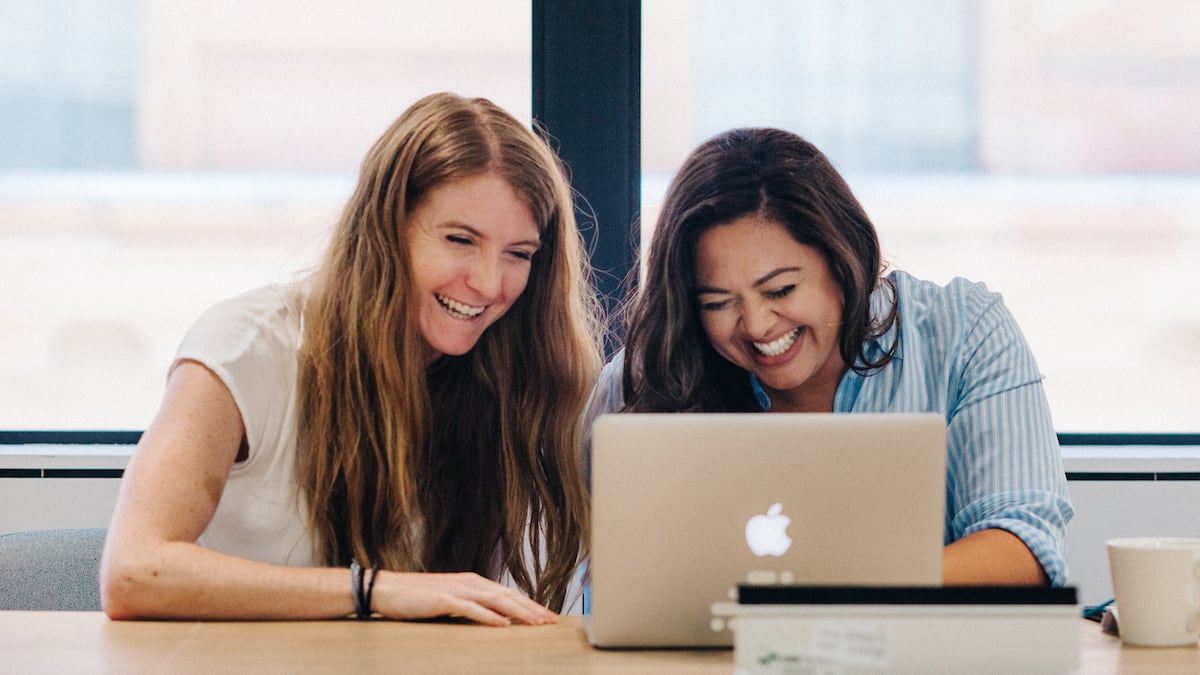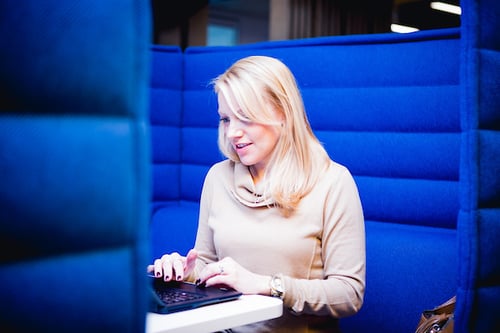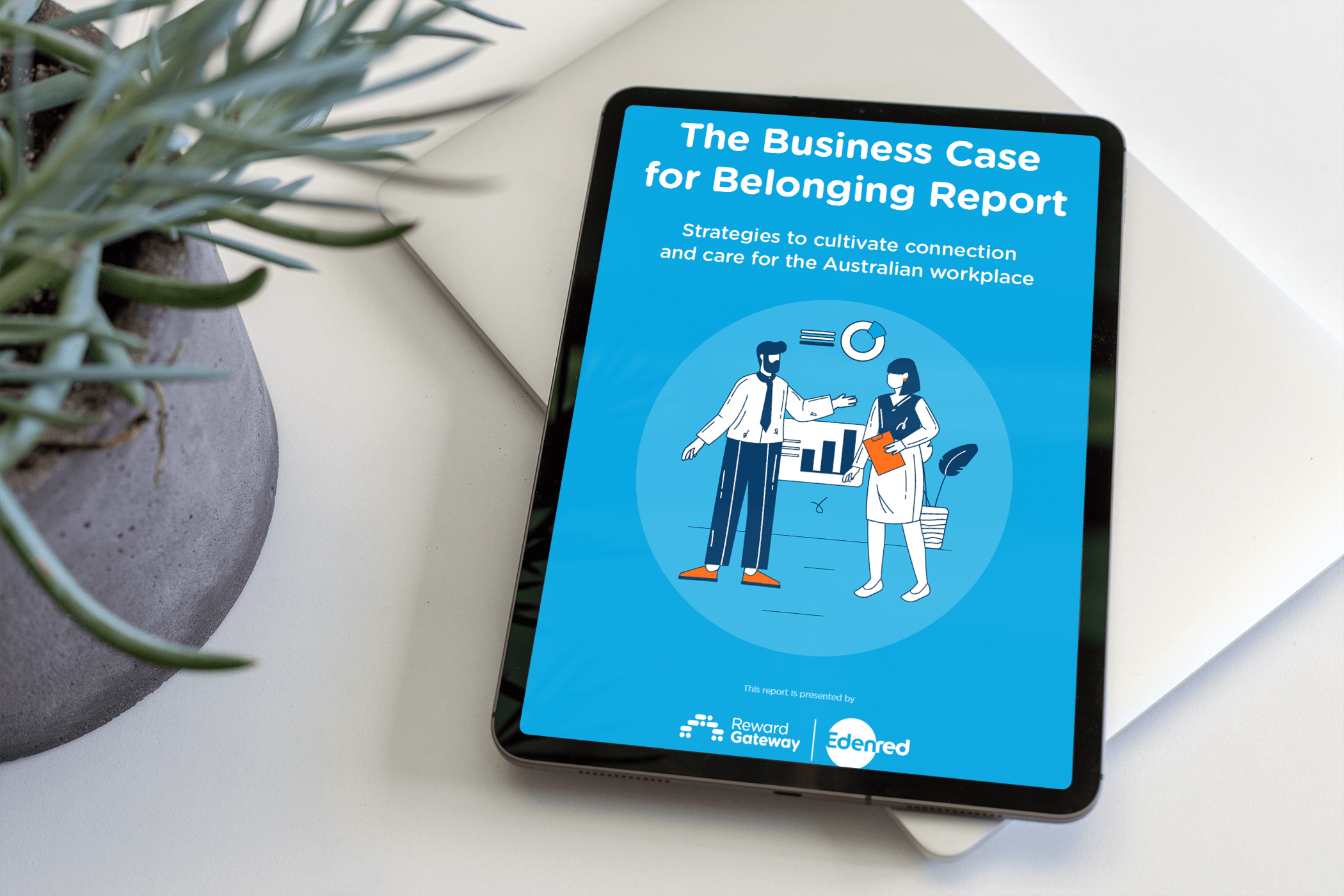5 min read
Supporting employee mental health and raising awareness of the importance of these initiatives are clearly the key drivers for Mental Health Awareness Month this May, but these should always be a priority.
Throughout April, companies around the globe acknowledged Stress Awareness Month in the workplace, exploring stress mitigation strategies and tips, and now we're turning our attention to Mental Health Awareness Month.
Our Workplace Engagement Index found that one in three Australian employees are concerned about their mental health, with Gen Z (42%) and frontline workers (43%) the most concerned. Additionally, 38% of Aussie employees frequently feel stressed and 30% frequently feel overwhelmed.
The Black Dog Institute states that the cost of poor workplace mental health on the Australian economy is around $39 billion in lost participation and productivity each year.
The Australian government’s Productivity Commission Inquiry found “returns on investment of between $1.30 to $4 for each dollar invested for Australian workplace mental health interventions”.
Mental health is clearly a concern for Australian workers, and an issue that needs to be proactively addressed by Australian organisations to ensure sustainable success and productivity.
So, what can your business do to improve mental health initiatives in the workplace and nurture a more productive, engaged and profitable workforce? Discover four ideas below.
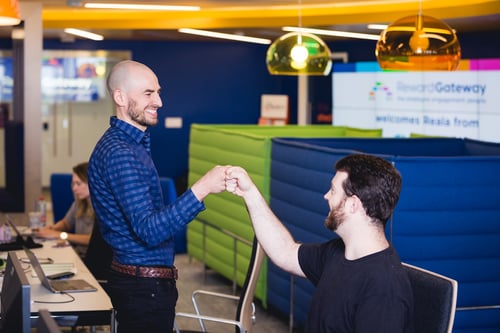
1. Create an engaging environment
How can you create an engaging environment where employees feel less stressed and less overwhelmed? Here at Reward Gateway, we fully embrace flexible working arrangements – this could mean working from home, working different hours or shifts, or working part-time.
We work with our employees to find a solution that meets the needs of both their job and their personal life. These are tailored individually to help relieve their stress and help them be more productive. Our policy on flexible working is simple: Just ask your manager for what you think you need, and agree upon it.
When you trust your employees to get their work done in a way that works for them and create opportunities for work-life balance, they’ll come to work the next day feeling more motivated, refreshed and productive.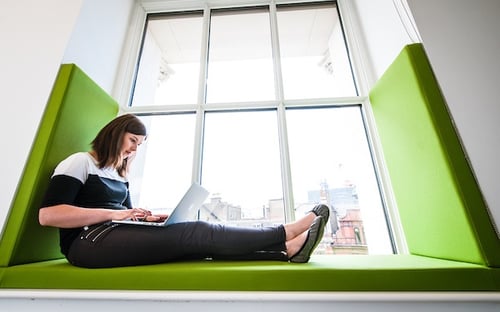
2. Provide the right resources
Do you talk about mental health at work? Do your employees feel like they can openly and honestly communicate about stress? It’s crucial that we provide the right resources to our employees to help them feel supported, especially during times of uncertainty or stress.
Earlier in the year, we launched UNMIND across the Reward Gateway team. This mental wellbeing platform provides our people with 12 coaching or therapy sessions per year, as well as on-demand wellbeing content.
Another perk we offer globally to our employees is a wellbeing allowance. Each quarter, employees choose to spend their allowance on a wellbeing initiative of their choice – whether it’s a gym membership, meditation classes or a new bicycle.
This focus on physical, financial, mental and emotional wellbeing helps employees stress less and focus on their health and happiness.
Unfortunately, our research found that 59% of Aussie HR managers find supporting employee wellbeing challenging, while 30% of employees said they’d be more likely to stay with their current employer if they offered more financial, mental and physical wellbeing support.
Take the time to assess the resources and support you offer your employees, whether that's related to mental health, stress management, physical health or financial wellbeing.
3. Respect individual preferences
Everyone has different preferences and handles situations differently, which is especially true in the work environment. Here at RG, we want our employees to feel like their individual preferences matter – especially when it comes to our office design.
Our offices around the globe are open, collaborative and agile in design – meaning employees have the freedom and choice to move around each day and pick the spot that’s ideal for them.
To combat stress in the workplace and build a culture of collaboration, it’s important to first understand people’s communication and work-style preferences.
It’s key that our offices have spaces for every individual’s needs – with quiet spaces for being heads down, open areas for collaboration and plenty of meeting rooms. We encourage our people to work the way they want to.
Knowing that you can come into the office and have a space designated for the type of work you need to do is one less thing for employees to worry about and helps our people be more productive.
The same goes for working from home, we provide Working from Home bundles to new starters so we can be sure that all our people have the tools and equipment they need to work effectively.
4. Build a community of empathy
Each day is different and you never know what another person in your office is going through outside of work. As Experience Managers, it’s our job to bring our people together and create a positive experience for RG employees.
Sometimes we need to put ourselves in others’ shoes to understand how we can best help and practice empathy for others.
Not sure if you’re prepared to do that just yet? Take the initiative to attend a training course to gain the skills you may be lacking. Last year I attended a mental health awareness training to help me better understand the signs and signals to pay attention to in the office.
I want people to know that they can talk to me whenever they need to.
Another initiative we kicked off is called “Level Up.” Through our employee engagement platform, employees shared brave stories with the entire organisation to raise awareness of the importance of mental health in the workplace – helping to build a community of empathy and empowerment. We’ve also created a Slack channel for this initiative to keep the conversation going throughout the entire year.
Mental health isn’t something to shy away from at work – instead talk about and embrace it. Being flexible and practicing empathy are the keys to a profitable organisation because your employees and your business will benefit from higher productivity and engagement. What next step will you take towards helping your employees recharge their batteries?
 Kaitlin Howes
Kaitlin Howes
